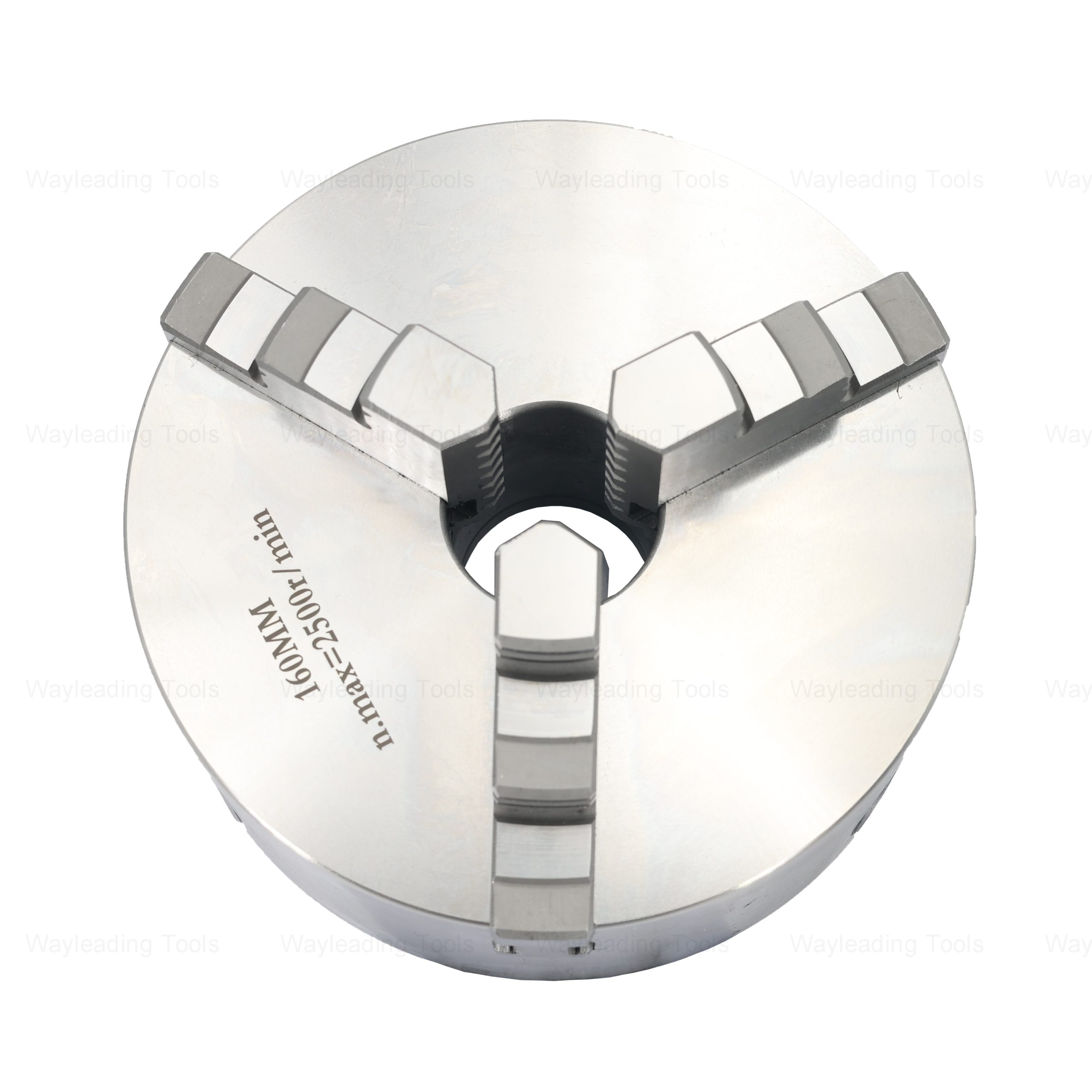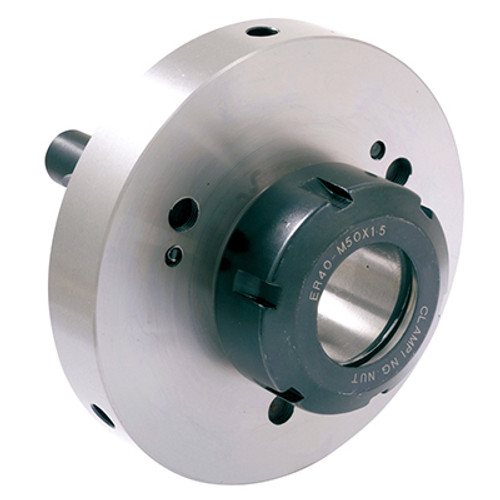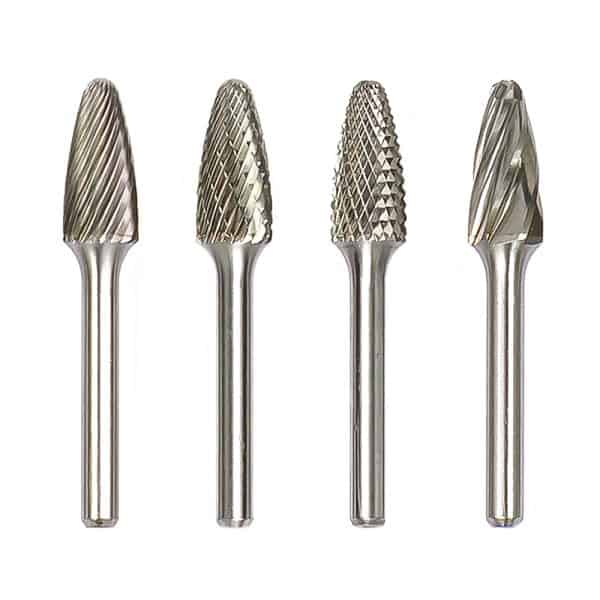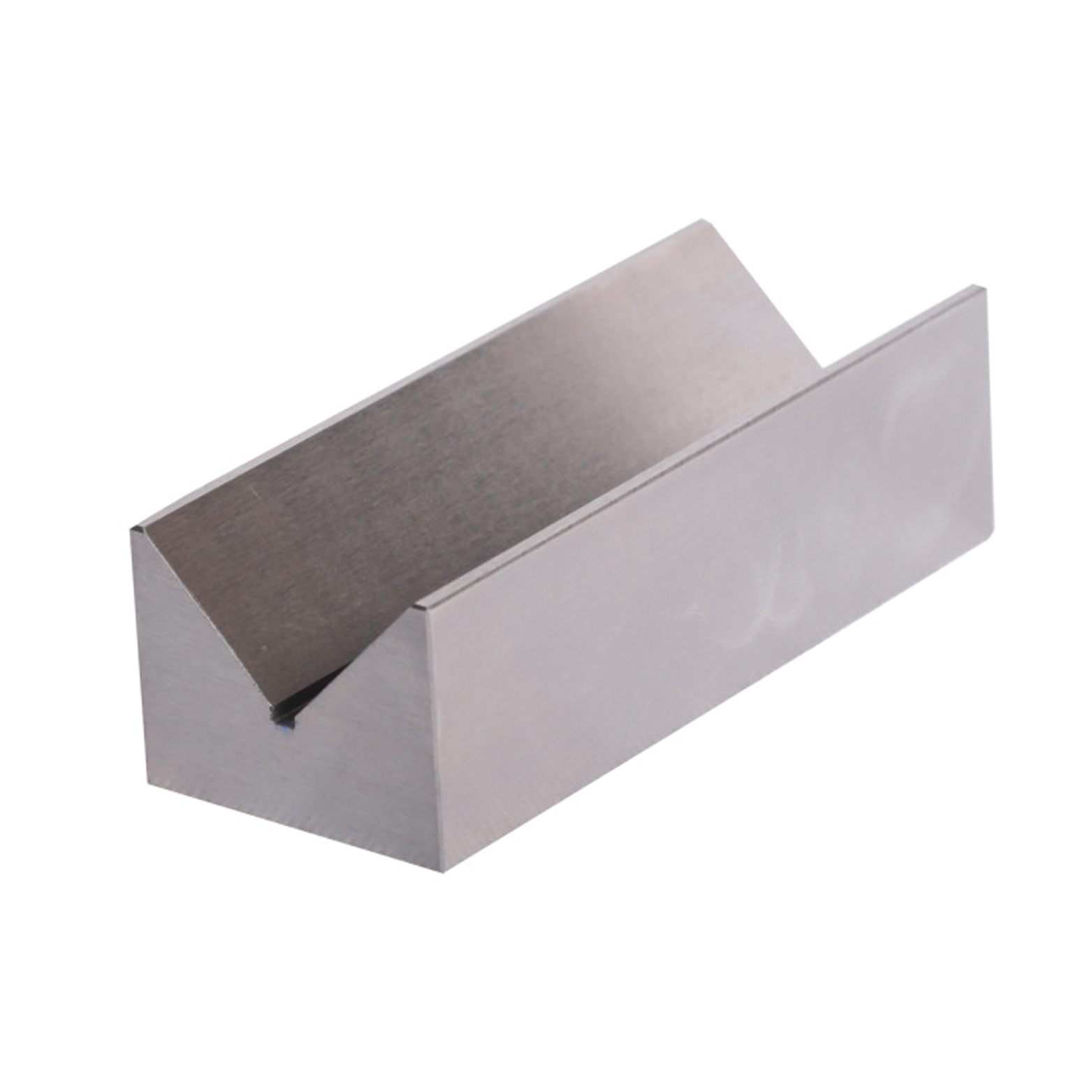Wholesale inside micrometer
An inside micrometer is a precision instrument used to measure the internal dimensions of an object, such as the diameter of a hole or the width of a groove. They are essential for machinists, engineers, and anyone requiring highly accurate internal measurements. This guide explores the different types of wholesale inside micrometers available, their features, how to choose the right one, and where to find reliable suppliers like Wayleading Tools. Understanding the nuances of these tools ensures precise measurements and optimal performance in various applications.
Understanding Inside Micrometers
An inside micrometer, unlike its outside counterpart, measures the distance between two internal surfaces. It consists of a micrometer head, extension rods, and measuring anvils. The micrometer head provides the precise reading, while the extension rods allow for measuring a range of different internal diameters. The anvils are the points of contact with the internal surfaces being measured.
Types of Inside Micrometers
Several types of inside micrometers are available, each suited for different applications:
- Standard Inside Micrometers: These are the most common type, offering a good balance of accuracy and versatility. They typically come with interchangeable extension rods to cover a range of measurements.
- Caliper Type Inside Micrometers: These resemble calipers and are useful for measuring the internal diameter of pipes and tubes.
- Bore Gauges: While not technically micrometers, bore gauges are often used for similar applications. They require a separate micrometer or gauge block to set the desired size.
- Digital Inside Micrometers: These offer the convenience of digital readings, eliminating the need to interpret vernier scales. They often include features like data output and tolerance settings.
Key Features to Consider When Buying Wholesale Inside Micrometers
When sourcing wholesale inside micrometers, consider the following features to ensure you are getting the right tools for your needs:
- Accuracy: The accuracy of the micrometer is paramount. Look for micrometers with accuracy ratings that meet your specific requirements. Common accuracy ratings are ±0.0001' or ±0.0025mm.
- Range: Consider the range of measurements the micrometer can handle. Ensure the micrometer comes with the necessary extension rods to cover the range you require.
- Resolution: The resolution of the micrometer determines the smallest increment that can be measured. Digital micrometers often have higher resolution than mechanical ones.
- Material: The material of the micrometer components affects its durability and accuracy. Hardened steel is a common material for anvils and spindles.
- Ease of Use: The micrometer should be easy to use and read. Digital micrometers offer the easiest readings, while mechanical micrometers require familiarity with vernier scales.
- Calibration: Ensure the micrometer can be easily calibrated to maintain accuracy. Look for micrometers with calibration certificates or those that can be easily calibrated in-house.
Choosing the Right Wholesale Inside Micrometer Supplier
Selecting a reliable supplier for wholesale inside micrometers is crucial. Here are some factors to consider:
- Reputation: Choose a supplier with a good reputation for quality and customer service. Look for reviews and testimonials from other customers.
- Product Range: A good supplier should offer a wide range of inside micrometers to choose from, including different types, sizes, and brands.
- Pricing: Compare prices from different suppliers to ensure you are getting a competitive deal. However, don't compromise on quality for the sake of saving money.
- Warranty: A good supplier should offer a warranty on their products to protect against defects.
- Technical Support: Choose a supplier that offers technical support to help you with any questions or issues you may have.
Applications of Inside Micrometers
Inside micrometers are used in a variety of applications, including:
- Machining: Measuring the internal dimensions of machined parts, such as bores, cylinders, and grooves.
- Automotive: Measuring the internal diameter of engine cylinders and other components.
- Aerospace: Measuring the internal dimensions of aircraft components.
- Manufacturing: Measuring the internal dimensions of manufactured products, such as pipes, tubes, and fittings.
Tips for Using Inside Micrometers
To ensure accurate measurements, follow these tips when using inside micrometers:
- Clean the Measuring Surfaces: Before taking a measurement, clean the anvils and the surfaces being measured to remove any dirt or debris.
- Apply Proper Pressure: Apply consistent pressure to the micrometer to avoid distorting the measurement. Use a ratchet stop or friction thimble to control the pressure.
- Take Multiple Measurements: Take multiple measurements and average the results to reduce the impact of any errors.
- Calibrate Regularly: Calibrate the micrometer regularly to ensure it is accurate.
- Handle with Care: Handle the micrometer with care to avoid damaging it. Store it in a protective case when not in use.
Examples of Wholesale Inside Micrometers and Specifications
Here are some examples of wholesale inside micrometers that you might find at Wayleading Tools, along with their typical specifications. Note that these are examples and actual models and specifications may vary.
| Model | Range | Accuracy | Resolution | Type |
|---|---|---|---|---|
| Standard Inside Micrometer | 2' - 12' | ±0.0001' | 0.0001' | Mechanical |
| Digital Inside Micrometer | 50mm - 150mm | ±0.003mm | 0.001mm | Digital |
| Caliper Type Inside Micrometer | 30mm - 200mm | ±0.005mm | 0.01mm | Mechanical |
Conclusion
Choosing the right wholesale inside micrometer requires careful consideration of your specific needs and the available options. By understanding the different types of micrometers, key features, and supplier considerations, you can make an informed decision and ensure you are getting the best tools for your application. Remember to prioritize accuracy, range, and ease of use when selecting a micrometer. Sourcing from reputable suppliers like Wayleading Tools can guarantee quality and reliability.
Related Resources
Related products
Related products
Best selling products
Best selling products-
 Adjustable Tap And Reamer Wrench For Thread Cutting Tools
Adjustable Tap And Reamer Wrench For Thread Cutting Tools -
 Precision Monoblock Vernier Caliper – Metric & Inch, Industrial Use
Precision Monoblock Vernier Caliper – Metric & Inch, Industrial Use -
 Straight Shank ER Collet Chuck Holders With Extending Rod
Straight Shank ER Collet Chuck Holders With Extending Rod -
 K11 Series 3-Jaw Self-Centering Lathe Chuck – Scroll Type, for Manual Lathes
K11 Series 3-Jaw Self-Centering Lathe Chuck – Scroll Type, for Manual Lathes -
 Camlock ER Collet Fixture With Lathe Collet Chuck
Camlock ER Collet Fixture With Lathe Collet Chuck -
 Precision 17pcs Angle Blocks Set With High Quality Type
Precision 17pcs Angle Blocks Set With High Quality Type -
 HSS Metric Square Tool Bit With Industrial Type
HSS Metric Square Tool Bit With Industrial Type -
 Type F Ball Nose Tree Tungsten Carbide Rotary Burr
Type F Ball Nose Tree Tungsten Carbide Rotary Burr -
 DIN6537L Metric Solid Carbide Twist Drill With Internal Coolant & External Coolant
DIN6537L Metric Solid Carbide Twist Drill With Internal Coolant & External Coolant -
 Type E Oval Tungsten Carbide Rotary Burr
Type E Oval Tungsten Carbide Rotary Burr -
 Precision V Block And Clamps Set With High Quality Type
Precision V Block And Clamps Set With High Quality Type -
 Precision V Block Set With Industrial Type
Precision V Block Set With Industrial Type











